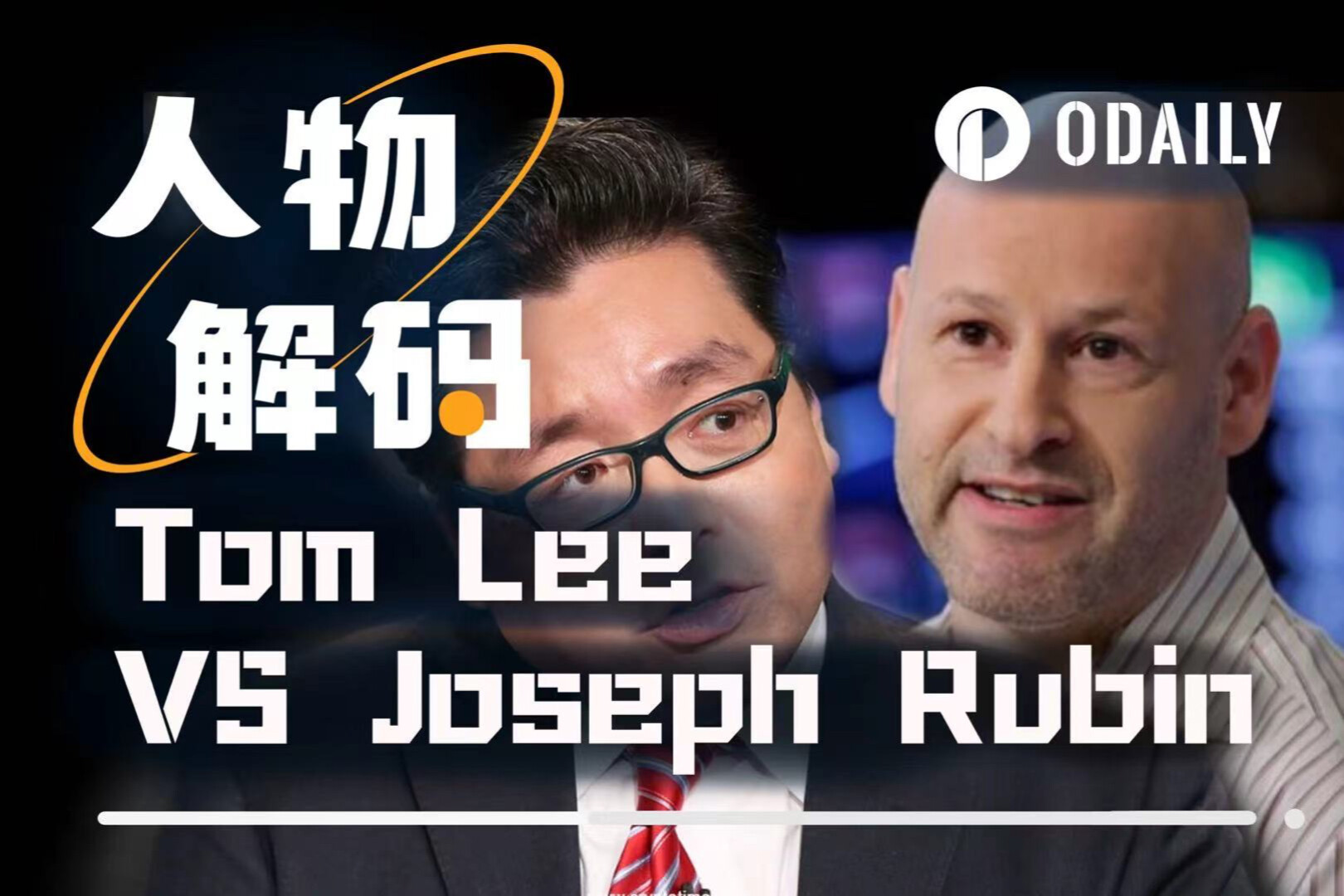Introduction: The roundtable meeting of the 2018 Coindesk Consensus Investment Conference "Differences and Comparisons of Blockchain Ecology between China and the United States" was hosted by Kushen CMO Wendy, and invited Li Shufei, CFO of Huobi, Feng Chi, CEO of Genesis Capital, and Wen Kai, Vice President of BHEX , Cobo CTO Jiang Changhao, and ChainUP senior VP Li Qiang attended.
On November 27, New York time, the 2018 Coindesk Consensus Investment Conference was held at the Marriott Marquis Hotel in New York, USA. As the co-organizer of this conference, Kushen held a roundtable meeting with the theme of "Differences and Comparisons of Blockchain Ecology between China and the United States". The meeting was hosted by Kushen CMO Wendy, and invited Huobi CFO Li Shufei, Genesis Capital CEO Feng Chi, BHEX Vice President Wen Kai, Cobo CTO Jiang Changhao, and ChainUP Senior VP Li Qiang to attend. The guests focused on the three dimensions of the blockchain industry: People, Business, and Belief, and discussed the differences between the blockchain ecosystems in China and the United States. They expressed their opinions in the fields of technology and services, and reviewed and summarized the major events and challenges faced by the blockchain industry in 2018.

Kushen CMO Wendy
Kushen CMO Wendy believes that although there are various differences in the blockchain ecology between China and the United States, the overall trend is clear: standardization. For example, the standardization of policies, standardization of supervision, standardization of the market environment and so on. As a security company that focuses on blockchain asset storage, Kushen also demands itself with standardized standards at all times, doing what should be done, and resolutely not touching some projects that should not be done.
When talking about business, Wendy said: Although the current general environment is relatively sluggish and the Chinese market is "wailing everywhere", there are still potential partners from all over the world including Europe, Southeast Asia, West Asia, and South America. In order to establish contact with Kushen, We specially flew to the United States to participate in this conference, and expressed a strong intention of cooperation and agency, which we did not expect, and it also conveyed a positive signal and stronger confidence to us. The current market is an opportunity for Kushen, and an important opportunity for the team to polish products and expand product lines.
When talking about beliefs, Wendy said bluntly: After participating in the Kushen Wallet project, she discovered that there are also many Chinese blockchain asset users who have faith. Firmly hold the currency.

Huobi CFO Li Shufei
Li Shufei, CFO of Huobi, found through the analysis of transactions that investors in the Asia-Pacific region, especially Korean or Japanese investors, trade more frequently on exchanges, just like the previous foreign exchange transactions. In the United States, transactions of blockchain assets are infrequent, and are more used for value investment. The reason for this scene has more to do with people's concepts and beliefs.
When talking about Huobi, he said that Huobi is not only an exchange, but also a platform that provides infrastructure, legal, research and development, consulting, human resources and other services. Another thing worth mentioning is that the preliminary construction of Huobi University has been completed. It can be said that Huobi is providing a very comprehensive infrastructure for the ecosystem of China's entire blockchain industry.
In terms of overseas, Huobi's business has just started, and it is still learning and improving. In the United States, Huobi started from scratch, focusing on rules and practical innovation, which is also the mentality of Huobi in the United States.

Feng Chi, CEO of Genesis Capital
Feng Chi, CEO of Genesis Capital, believes that the biggest challenge of blockchain investment is the issue of trust. He pointed out that blockchain investment is different from traditional equity investment, and blockchain is a global business. When a company or team needs to explore overseas markets, how to establish a trust relationship with local people and how to convert this trust into potential customers is the problem.
When talking about the business differences between China and the United States, Fengchi said that the common ground between the two is that they are result-oriented, but the United States may be more standardized and systematic. But at the same time, he also pointed out that in the actual operation process, compared with Chinese blockchain companies in the United States, they lack the ability to control the upstream and downstream of resources.
In the end, Fengchi expressed his optimism on the leading blockchain companies in China and the United States, especially those who have faith and are still doing things seriously in the bear market.

Wen Kai, Vice President of BHEX
Wen Kai, vice president of BHEX, analyzed the differences in the blockchain ecology between China and the United States from the perspective of engineers. He explained: Most of the blockchain engineers in China in the past were half-way monks, but in the United States, most of the blockchain engineers Engineers come from large corporations. But with the rapid development of blockchain technology, more and more engineers are now entering the blockchain industry, and more Chinese engineers are entering the basic technology field of blockchain, trying to improve the digital market and blockchain performance.
In terms of business, Wen Kai believes that most blockchain projects in China focus on the application of blockchain; most blockchain projects in the United States pay more attention to the underlying basic technology in order to improve their performance and scalability.
At the same time, Wen Kai also expressed his views on the current bear market. He believes that it is the right time for the development of the blockchain. Under the sluggish market conditions, the opportunity of the blockchain can be used to improve the traditional financial market, custody and custody is business critical. During the downturn in the market, everyone can pay more attention to how to make some technological innovations, and can calm down to find and solve problems.

Cobo CTO Jiang Changhao
Cobo CTO Jiang Changhao said when talking about the differences between Chinese and American blockchains: Early Chinese blockchain enthusiasts were very "obsessed" with Bitcoin, and they can be called "believers". But in the current environment, people in the Chinese blockchain community see blockchain more as a speculative opportunity. Comparatively speaking, Americans regard blockchain as a revolutionary opportunity. In the face of price fluctuations, Chinese projects are usually more sensitive, while in the United States, prices are not so sensitive, and it is relatively easy for everyone to bow their heads and do things that are really important or what they believe in.
When talking about the business environment, Jiang Changhao mentioned China's general policy environment. As we all know, the current Chinese law prohibits cryptocurrency transactions in China. But both Chinese and U.S. governments see the potential of blockchain technology, as well as the risks it may pose to society or the financial system. Two countries, China and the United States, have different priorities when it comes to dealing with blockchain technology. The Chinese government and public are more concerned about the risks that blockchain or digital currency may bring to the financial system, while it is easier for American startups to cooperate with the government or regulators to try to find ways to promote innovation while reducing risks.
When talking about beliefs, he believes that projects in the United States are more focused on the basic level, such as improving performance bottlenecks and stablecoins. However, many projects in China are more or less "focused on money", and even some gambling projects are just projects that want to "hold money". Perhaps it is because the proportion of "true believers" in China is much lower than that in the United States.
 Li Qiang, Senior VP of ChainUP
Li Qiang, Senior VP of ChainUP
Li Qiang, senior VP of ChainUP, talked about the ecological differences between China and the United States, and said that in different regions, blockchains have different functions and needs. The blockchain is global, but the landing scenarios of the blockchain are different. We believe that only localized companies can do this, so we actively cooperate with local companies in overseas markets.
When talking about business differences, Li Qiang believes that there are not many differences between China and the United States in blockchain business. Everyone is promoting the development of the blockchain in different ways, so that more people can learn about the blockchain. But American partners will be more rigorous, and Chinese companies still need to strengthen their standardization and rigor.
Li Qiang also expressed that he agrees with the value of blockchain technology, but the value of assets on some blockchains still needs to be tested by the market and needs to be actually implemented. He called for more time for the development of blockchain technology. It takes time for any technology to mature to commercial application. The more subversive the concept, the longer it will take.



